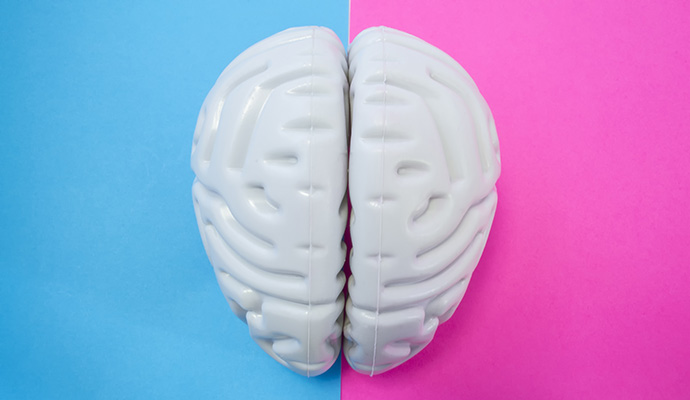Despite More Symptoms, COVID-Era Mental Healthcare Claims Decrease
Mental healthcare claims have decreased during the COVID-19 pandemic even though more adults have reported symptoms of anxiety and depression.

Source: Getty Images
- The number of people seeking mental healthcare has decreased since COVID-19 began despite many Americans reporting that the pandemic has affected their mental health negatively, according to the inaugural Anthem, Inc. State of the Nation’s Mental Health report.
The findings are based on Anthem-affiliated health plan claims from 27 million Americans.
Recent studies have shown that many more adults reported anxiety or depression symptoms during the pandemic. A CDC survey found that 42 percent of people under the age of 30 experienced anxiety and depression symptoms from August 2020 through February 2021.
However, the payer’s State of the Nation’s Mental Health report found that from 2019 to 2020, there was a 10 percent overall drop in mental healthcare member engagement for young children and a 5 percent overall drop for adolescents. Adults over the age of 75 also saw a 5 percent overall drop in mental healthcare services.
“What this says to us is that there are many people who may benefit from mental health services, especially children and older adults, who either aren’t being identified or aren’t reaching out to get the help they might need,” Shantanu Agrawal, MD, Anthem chief health officer, said in a press release.
“This is a call out for all of us,” Agrawal continued. “We don’t hesitate to help others get the COVID-19 vaccine to protect themselves from the virus and we shouldn’t hesitate to help people find the mental health services they need as they cope with the pandemic, which is equally important to their overall health. That’s why we are dedicated to increasing our focus on whole health.”
Diagnoses for ADHD decreased for both young children and adolescents during the study period (13 percent and 8 percent, respectively). Additionally, the report revealed an 8 percent drop in dementia diagnoses among adults older than 75 and a 3 percent decrease in depression diagnoses for Baby Boomers and adults older than 75.
“While we don’t know for sure why children and older adults had fewer diagnoses, we speculate that they weren’t interacting as often with people in our communities who have increasingly become the starting point for mental health diagnoses,” said Agrawal.
“Children involved in distance learning had less face time with teachers, who often recommend testing for mental health or attention concerns, and older adults may not have been able or were more reluctant to see their primary care provider in 2020, which may play a role in the decrease in dementia diagnoses, and perhaps, decreased diagnoses for depression,” he continued.
However, diagnoses and treatment for anxiety and PTSD grew among adults during the study period. Younger and middle-age adults had a combined 3 percent increase in mental health diagnoses in 2020 as well.
In an Anthem commissioned survey, almost three out of four mental health specialists and PCPs predicted that mental health consequences from the virus will last up to three years or longer.
“When people encounter more stress, it’s logical to expect trends for mental health diagnoses to increase. However, for many, such as children who may be learning virtually and isolated seniors — that hasn’t been the case,” said Agrawal.
“This subsequent ‘mental health’ pandemic could have impacts for years to come, reinforcing the need for mental health and physical health to be addressed equally and simultaneously,” Agrawal continued.
On a more positive note, nine out of 10 healthcare professionals surveyed said that the pandemic has made them more cognizant of the mental health conditions their patients face.
Additionally, 70 percent of healthcare providers said that their patients have been more apt to bring up mental health struggles during appointments throughout COVID-19. Many providers also noted that they have observed an increase in patient self-care.
